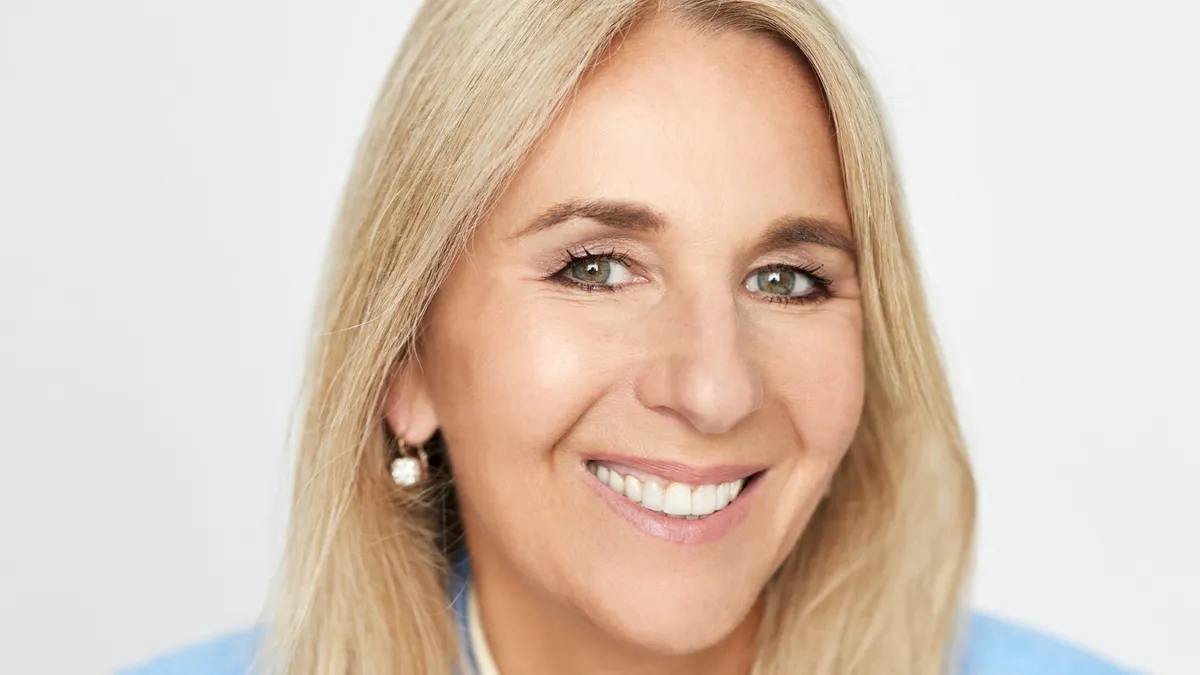When the FDA this month approved Novo Nordisk’s weight loss drug Wegovy to also reduce the risk of cardiovascular death, the Danish biotech giant had already made a pipeline commitment to developing drugs in the space.
The approval, paired with the news this week that the company would purchase German cardiovascular specialist Cardior Pharmaceuticals for north of $1 billion, made the signal clear: “The heart is back,” Cardior CEO and co-founder Claudia Ulbrich told PharmaVoice. “It’s back for venture capital, and it’s back for the pharma industry.”
As revenue from Ozempic and Wegovy sales pour in — with no end in sight — Novo Nordisk is in the position to bolster its pipeline further, and the deal to buy Cardior, whose lead candidate CDR132L is a phase 2 RNA-based treatment that cuts to the core of heart failure, serves that purpose.
Cardior is a 2016 spinout from Germany’s Hannover Medical School, building on the work of Professor Thomas Thum, now the company’s co-founder and chief scientific and medical officer. Different from the mRNA technology used in vaccines, Cardior’s approach makes use of non-coding RNAs that aren’t translated into proteins, but regulate processes like cardiovascular function, Ulbrich said. Specifically, CDR132L is an antisense oligonucleotide that binds to genetic material to alter behavior.
“Over the last 20 years, we haven't really seen innovation in the cardiovascular space."

Claudia Ulbrich
CEO, co-founder, Cardior Pharmaceuticals
“Overall, the compound targets heart failure, and under this joint collaboration, we can address a large patient population,” Ulbrich said.
A stagnant field
The cardiovascular arena hasn’t advanced in recent decades as quickly as others such as oncology or immunology, and new treatments are critical to helping patients avoid serious complications, Ulbrich said.
“Over the last 20 years, we haven't really seen innovation in the cardiovascular space — we had only symptomatic treatments [like] ACE inhibitors, beta blockers or diuretics,” Ulbrich said.
And with the newfound success of drugs like Wegovy in the cardiovascular realm, patients will have more options than before. How these two drugs might work together isn’t yet clear, Ulbrich said, but for a therapeutic area with so many moving parts, a variety of treatment strategies is critical.
“It's too early to state whether there is potential for our drug to be a combination product because we have a unique and completely different mode of action,” Ulbrich said. “But Novo is clearly striving to strengthen its pipeline in cardiovascular disease coming from diabetes and obesity.”
Novo said in a release that the acquisition is “an important step forward” for the company to “establish a presence in cardiovascular disease.” The biotech has invested in other pipeline assets, as well, including a $1.3 billion dollar investment for a hypertension drug developed by KBP Biosciences in October last year. Across Novo’s pipeline, cardiovascular treatments range from monoclonal antibodies to immunotherapies to cell therapy, representing a vast window of opportunity.
And for Cardior, the deal provides an extra jolt to reach a wider patient pool, Ulbrich said.
“Our first trial was in post-myocardial heart failure, and this is a niche gap where there aren’t any causal treatments — where patients would clearly fit our treatment,” Ulbrich said. “But now, we will pursue development in a chronic situation, which is a large patient population.”
Cardior expects results from a phase 2 trial by the end of the year or the beginning of 2025, Ulbrich said.
Moving up
The success of mRNA vaccines during the COVID-19 pandemic may not have directly influenced Cardior’s own approach, but Ulbrich said companies like Germany’s BioNTech paved the way for more mainstream understanding of RNA technology, particularly at the Big Pharma level, where companies tend to be highly risk-averse.
But what Novo offers is access to commercial channels that a small biotech like Cardior might not be able to cultivate.
“If there were not the potential to access patients, we would not get this deal,” Ulbrich said. “Because this is Big Pharma’s mandate, they have experience not only in clinical development or regulatory approvals, but they have the commercial expertise, and we see that as a clear exercise for our future.”
Although not all the details of the transaction are set in stone, Cardior “will stay as is” for the moment, Ulbrich said.
“I want to oversee the transition and the next development steps because, having worked seven years for this company and for this program, it affects me personally,” Ulbrich said. “Overall, this looks like the right partnership and the right deal at the right point in time.”




















